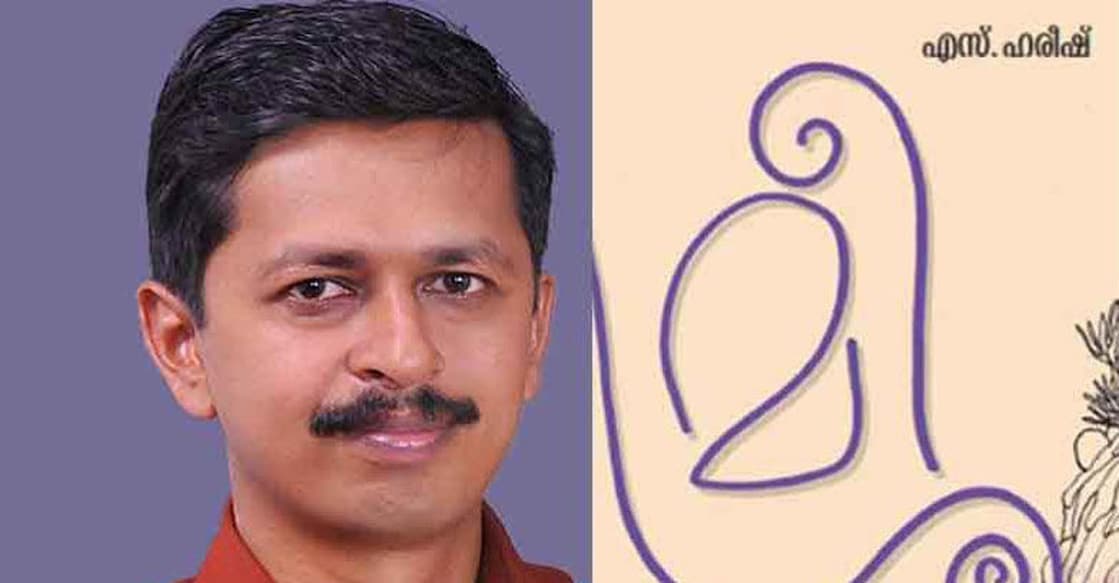Translation of S Hareesh's 'Moustache' in JCB 2020 shortlist

Mail This Article
New Delhi: The translation work of S Hareesh's 'Moustache' has been shortlisted for the JCB Prize for Literature 2020 that was announced on Friday. 'Meesha' was translated from Malayalam by Jayasree Kalathil.
Among the five shortlisted books, three have been penned by women first time writers.
The shortlisted books include 'Djinn Patrol on the Purple Line' by Deepa Anappara, 'These, Our Bodies, Possessed by Light' by Dharini Bhaskar, and 'Prelude to a Riot' by Annie Zaidi and Samit Basu's 'Chosen Spirits'.
Now in its third edition, the Prize carries an amount of Rs 25 lakh and is awarded each year to a distinguished work of fiction by an Indian writer. It is the most expensive Indian award for writing.
This year's jury has been chaired by author and professor Tejaswini Niranjana. Other members include writer Aruni Kashyap, playwright and director Ramu Ramanathan and Deepika Sorabjee, who is the head of arts and culture portfolio at the Tata Trusts.
According to Niranjana, all the shortlisted books share the "ability to pull out tendencies from our contemporary socio-political world in India and represent them through intriguing characters, sparkling dialogue, and accomplished narration".
"Time past and time present are projected into possible futures as the writers weave their intricate plots. Whether it's a farm or a basti, a hospital or a housing society, the locales teem with characters that demand our attention and arouse our curiosity.
"Here we have some of the best fiction published in this tumultuous year," she said.
Each of the five shortlisted authors will receive Rs 1 lakh; if a shortlisted work is a translation, the translator will receive an additional Rs 50,000.
The winner of the Rs 25 lakh JCB Prize for Literature will be announced on November 7. If the winning work is a translation, the translator will receive an additional Rs 10 lakh.

